The primary risk to human health from potable water is the presence of pathogenic microorganisms (i.e. bacteria), which can lead to water-borne diseases. Safe drinking water is essential to sustain life and central to business continuity. As water-borne disease spreads whilst bathing, washing, drinking water, or by eating food exposed to infected water, a poorly managed drinking water system can result in significant impacts to health and business operations.
NOPSEMA recently published an article in The Regulator: Issue #3 – 2018, about how offshore operators have been busy implementing comprehensive systems to manage potable (drinking) water since 2011. However, inspections conducted by NOPSEMA have found that 75% of operators (9 across 12 facilities) had numerous recommendations in relation to deficiencies in the provision of potable water systems.
The following recommendations were found:
- Almost all facilities had a lack of internal cleaning of water tanks for long periods (i.e. years)
- Lack of action to address discoloration of water
- Insufficient free chlorine in the water
- Lack of periodic water quality testing
- Lack of preventative maintenance (water filter changes, UV light disinfection)
- Lack of auditing of the potable water management system for performance standards assurance
Clause 9 of Schedule 3 of the OPGGS Act places a duty on all operators to take all reasonably practicable steps to ensure the facility is safe and without risk to the health of any person at or near the facility.
The multiple barrier approach should be utilised to prevent the entry and transmission of pathogenic microorganisms in potable water systems such as:
- Use of a clean, unpolluted water source and protection of the water source
- Regular cleaning of potable water tanks
- Robust water treatment that provides redundancy against treatment failure
- Secure water supply network including regular inspection of the potable water system to check for sources of contamination
- Regular and vigorous monitoring programs
An IMCA Safety Flash (1313) describes two cases of where a failure to inspect and maintain fresh water tanks, led to contaminated water being supplied. Additional information on cleaning potable water tanks can be found imca-int.com/alert. The Australian Drinking Water Guidelines discusses a water quality management framework to ensure water is safe to drink.
Source – The Regulator: Issue #3 – 2018 and can be accessed here: https://www.nopsema.gov.au/assets/Publications/A639924.pdf
How Ecosafe can help
Understanding your water quality risk, whether drinking / potable water, Legionella or process water is the essential first step for effective water quality risk management. Talk to our experienced water quality risk assessors to determine the most practical approach to understanding your water quality risk. This may include the need for a source water risk assessment, physical site inspection, exposure risk assessment, HACCP risk assessment or water system evaluation and gap analysis.
If you are interested in knowing more about how we can assist you with managing the water quality risks in your systems Contact us online or call 1300 73 93 73.
Connect with us on Facebook.

